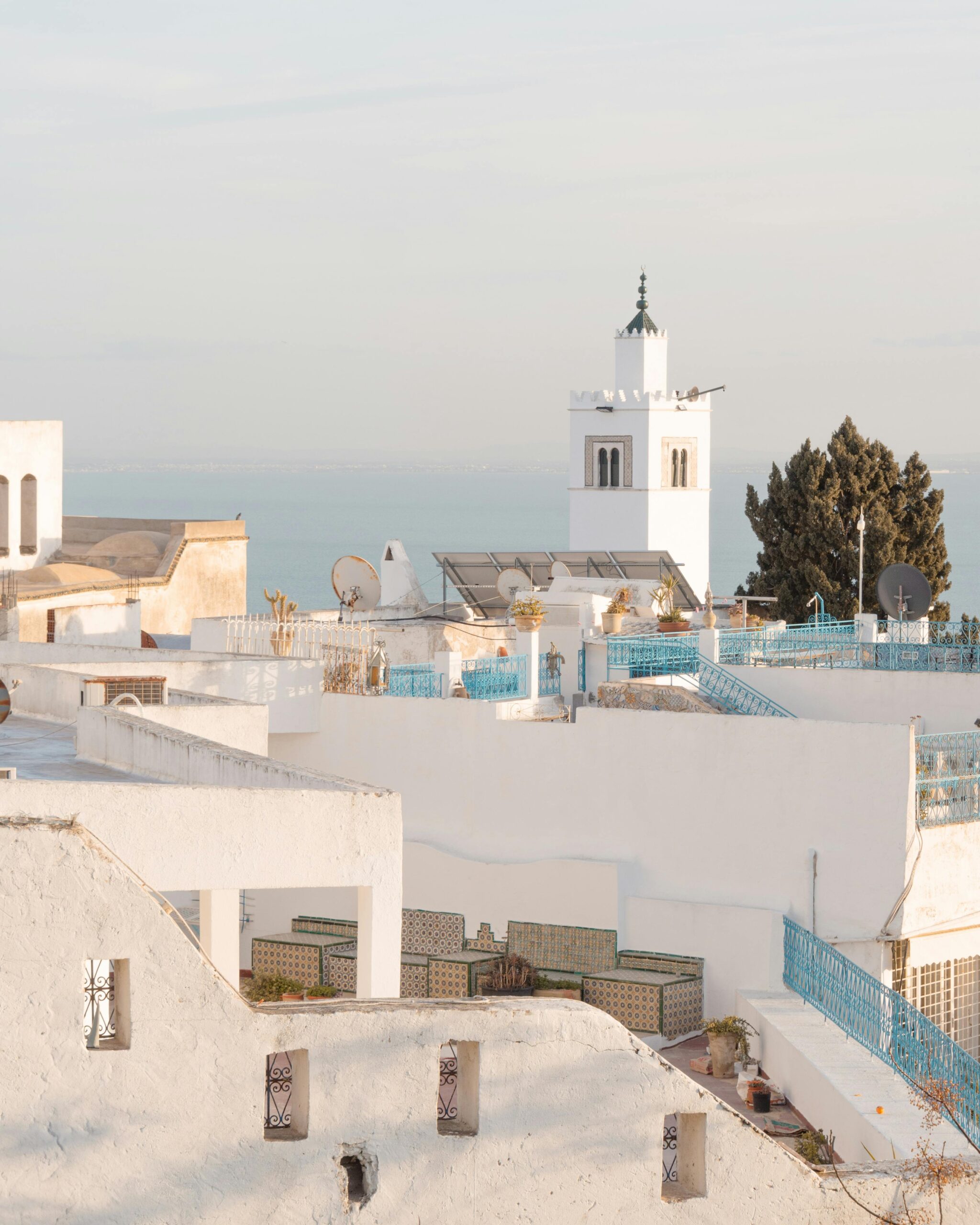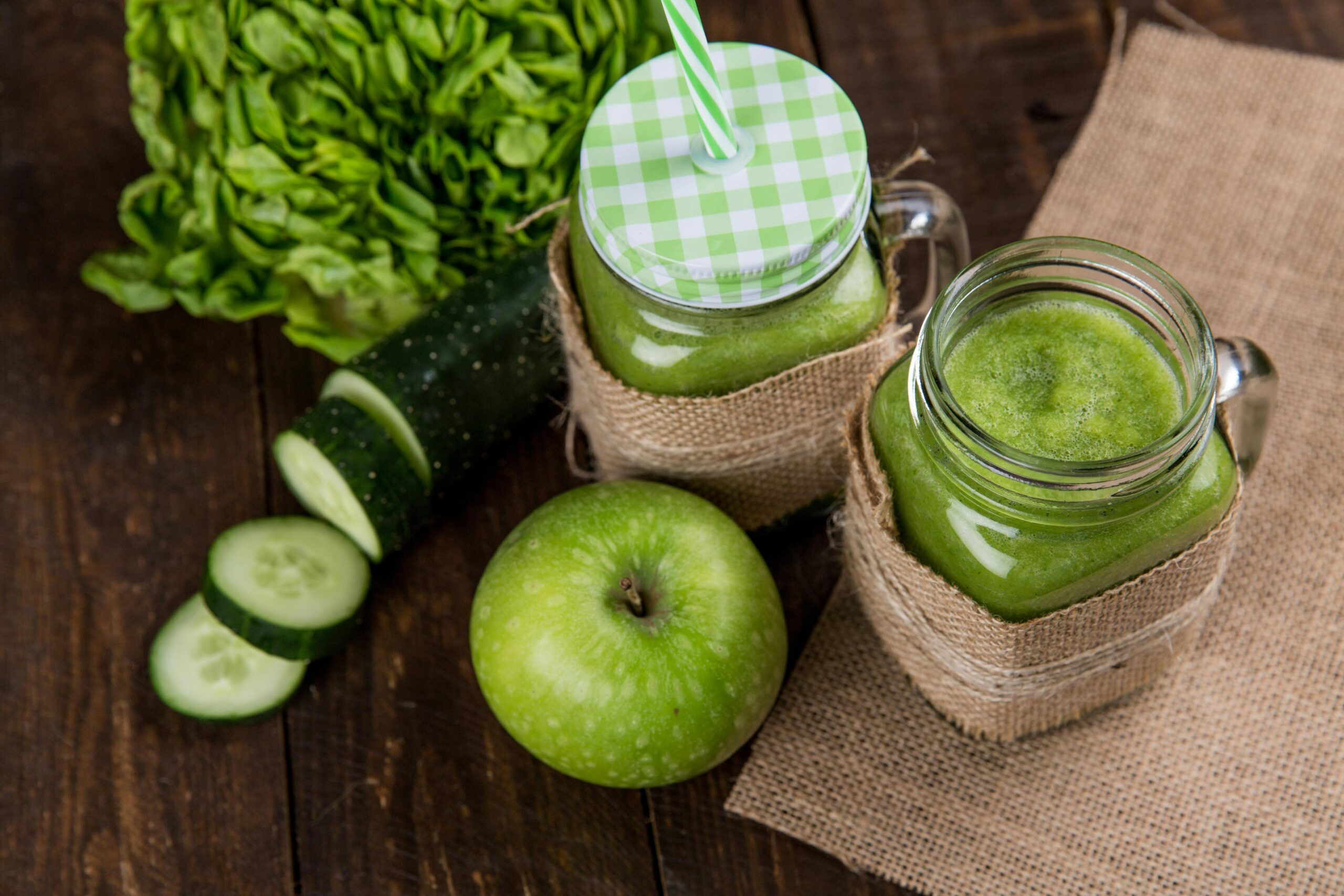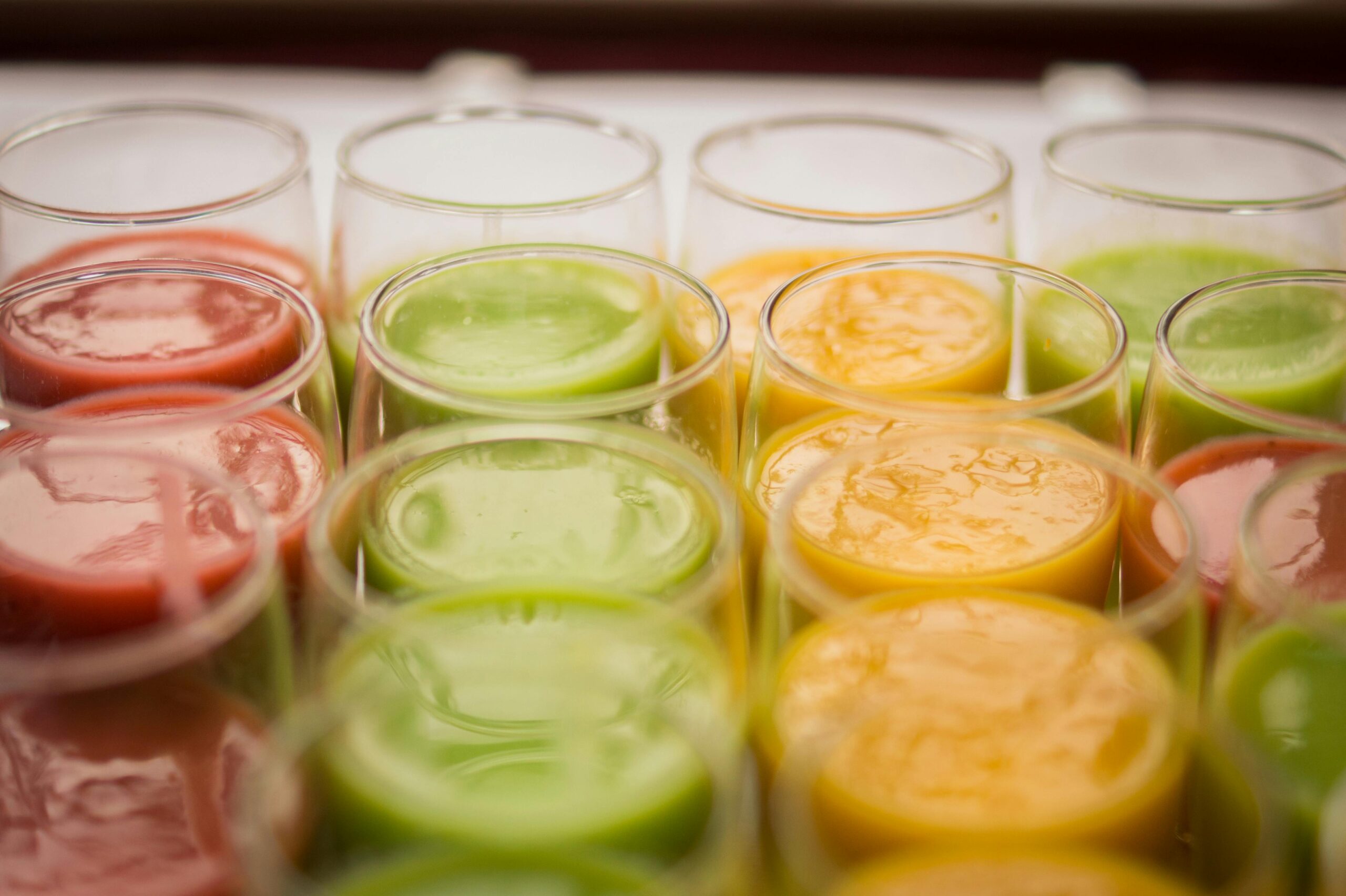Tunisia, a North African gem, is a captivating blend of Mediterranean charm and Arab culture. From its pristine beaches and historic ruins to bustling markets and vibrant festivals, Tunisia offers a unique and enriching travel experience. Let’s explore the magic of this beautiful country, including its cities, attractions, and festivals.
Why Visit Tunisia?
Tunisia is well known for its historical richness and beautiful beaches. Tunisia is home to Carthage and a wealth of Roman ruins. The country has plenty of luxurious resorts on its coastline. Some of the well known beaches within this area incude the Hammamet, Djerba and Sousse.
- Cultural Fusion: A mix of Arab, Berber, and Mediterranean influences.
- Delicious Cuisine: Known for flavorful dishes like couscous and brik.
- Amphitheatre of El Jem: A Roman marvel and UNESCO World Heritage Site.
- Medina of Tunis: A vibrant and historic hub.
- Sahara Desert: Offers camel treks, dune bashing, and stargazing.
- Carthage: Ancient ruins with a rich history.
- Bulla Regia: Unique underground Roman villas.
- Dougga: A well-preserved Roman city.
- Explore Historical Sites: From Carthage to El Jem.
- Taste Tunisian Cuisine: Enjoy couscous, brik, and harissa-spiced dishes.
- Shop in Souks: Buy handicrafts, carpets, and spices.
- Desert Adventures: Camel treks, quad biking, and camping.
Cities in Tunisia to Visit
1. Tunis
- Medina of Tunis: A UNESCO World Heritage Site filled with markets and historical sites.
- Bardo Museum: Famous for its collection of Roman mosaics.
- Carthage: Explore the ruins of this ancient civilization.
2. Sousse
- Ribat of Sousse: A historical fortress and watchtower.
- Medina of Sousse: A maze of narrow streets and vibrant markets.
- Beaches: Known for golden sands and crystal-clear waters.
3. Hammamet
- Beaches and Resorts: A popular destination for relaxation and water sports.
- Kasbah: A historic fortress offering stunning views.
- Cultural Festivals: Hosts the Hammamet International Festival.
4. Monastir
- Ribat of Monastir: An iconic Islamic fortress.
- Habib Bourguiba Mausoleum: The resting place of Tunisia’s first president.
- Marina: A charming harbor with restaurants and cafes.
5. Djerba
- Beaches: Known for its tranquil coastline and luxury resorts.
- El Ghriba Synagogue: One of the oldest Jewish synagogues in the world.
- Houmt Souk: A lively market town with traditional handicrafts.
6. Kairouan
- Great Mosque of Kairouan: A stunning example of Islamic architecture.
- Medina: A UNESCO World Heritage Site with winding alleys and souks.
- Carpet Workshops: Famous for handwoven rugs.
7. Tozeur
- Oasis: A lush escape in the desert with palm groves.
- Chott el Jerid: A vast salt lake that shimmers with mirages.
- Film Locations: Visit sites used in “Star Wars” and “The English Patient.”
8. Matmata
- Troglodyte Homes: Unique underground houses carved into the earth.
- Film Locations: Known for “Star Wars” sets.
9. Sfax
- Medina of Sfax: A less touristy yet authentic medina experience.
- Museums: Explore the history of this port city.
- Olive Groves: Famous for high-quality olive oil.
10. Douz
- Gateway to the Sahara: Known for desert safaris and camel treks.
- International Festival of the Sahara: Celebrates desert culture.
Festivals and Events in Tunisia
- Carthage International Festival: A summer celebration of music and arts.
- Hammamet International Festival: Showcasing cultural performances.
- Douz International Festival of the Sahara: A desert event celebrating Bedouin culture.
- Sousse Festival: Highlights local traditions and music.
- Ulysses Festival in Djerba: Celebrates the island’s myths and heritage.
- Festival of the Medina: Held during Ramadan in Tunis.
- Tabarka Jazz Festival: A must for music lovers.
Must-Try Food in Tunisia
- Couscous: The national dish served with meat and vegetables.
- Brik: A crispy pastry filled with egg and tuna.
- Harissa: A spicy chili paste used in many dishes.
- Lablabi: A chickpea soup with bold flavors.
- Makroudh: A date-filled pastry often enjoyed with tea.
- Ojja: A spicy tomato and egg dish.
Best Time to Visit Tunisia
- Spring (March to May): Mild temperatures and blooming flowers.
- Autumn (September to November): Ideal weather for sightseeing.
- Winter (December to February): Perfect for desert adventures.
Tunisia is a country of contrasts and treasures. From its ancient ruins and bustling medinas to its golden beaches and vast deserts, there is something for every traveler. Festivals add a vibrant cultural touch, allowing visitors to immerse themselves in local traditions. Whether you’re a history buff, a beach lover, or an adventurer, Tunisia promises a memorable and enriching experience.





